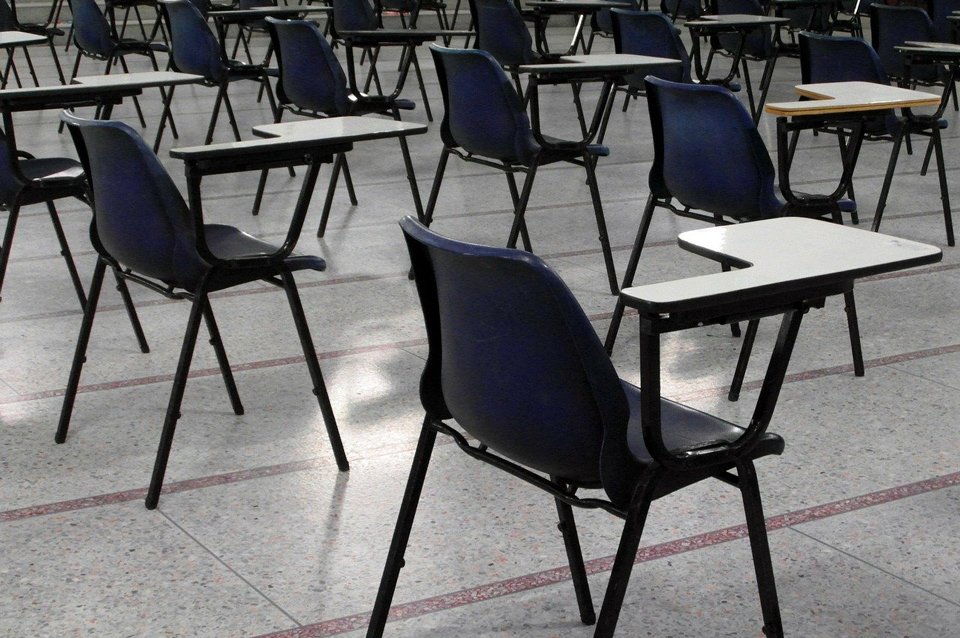Many thanks to all those families who responded to our survey on the Ofqual consultation about arrangements for exam grading and assessment in 2020, which enabled Potential Plus UK to submit a response in time. Our submission was based on the survey outcomes and in consultation with our Board of Trustees.
Where appropriate we provided detailed reasoning for our responses, for example, to the question: Do you have any comments about the impact of our proposals on any particular groups of students?
Potential Plus UK’s response: Yes. Private candidates, particularly home educated candidates, run the risk of prejudice and/or bias in three particular areas: (a) under Equalities Law, where a centre’s ‘normal policies and procedures’ may not be enough to cover non-school candidates, (b) by being included in a rank order, where centres either will not have enough information to make a reasonable judgement on where, within a rank order, private candidates ought to be placed or will be tempted, unconsciously or otherwise, to place private candidates lower than their own school-based candidates, and (c) in terms of age, where traditionally a higher proportion of private/home educated candidates sit exams early (of those family members polled by Potential Plus UK, 85.71% of those who had a child due to take exams this summer confirmed that that child was in year 10 or below).
Anyone wanting a copy of our full response can request it from amazingchildren@potentialplusuk.org
Families will be interested to learn that, on Tuesday May 5th, Ofqual issued its initial decisions following the consultation. The initial decisions cover only two issues: the eligibility of students in Year 10 and below to receive a calculated grade, and the need for heads of centre to be satisfied that they have sufficient evidence to award grades to private candidates on the same basis as all other students.
In respect of the former, Ofqual’s decision is that candidates who would be in Year 10 or below will be eligible to be awarded calculated grades. That is, clearly, good news.
In respect of the latter, Ofqual has decided that calculated grades will only be awarded to private candidates where the head of centre is confident that it can attribute both an assessment of that candidate’s likely performance and a place in the centre’s rank order. Our response to the consultation on this point was that we agreed that heads of centre should be entitled to sufficient evidence of a candidate’s attainment, but that private candidates were most unlikely to have the evidence necessary for a centre to be able to place them in a rank order, and so the latter requirement was discriminatory towards non-school candidates. We have seen anecdotal evidence that where some centres have begun to reject external candidates (clearly anticipating this particular decision), others have shown a more pragmatic approach, and Ofqual has suggested that private candidates should consider transferring from an uncooperative centre to a more cooperative one, advising that exam boards will be able to supply a list of approved centres.
Ofqual’s initial decisions on GCSE and A level grading proposals for 2020 can be viewed here: https://www.gov.uk/government/news/ofqual-publishes-initial-decisions-on-gcse-and-a-level-grading-proposals-for-2020






